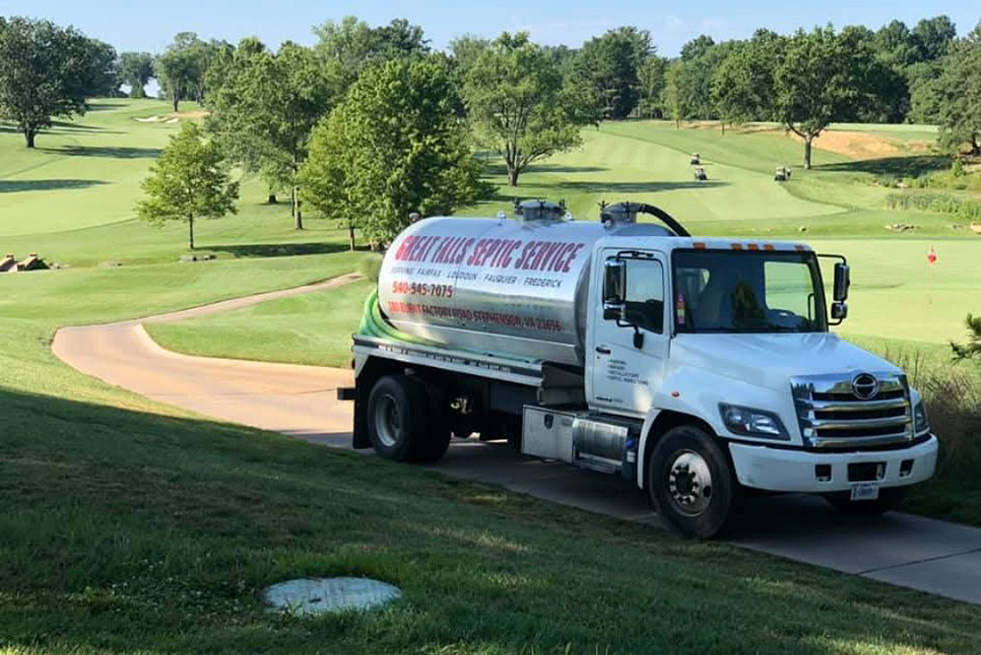When you’re buying a home or considering a major property upgrade, one of the most fundamental questions to ask is how the property handles wastewater. The choice between a private septic system and a public sewer line is a significant one, impacting everything from your monthly bills to your long-term maintenance responsibilities. Understanding the pros and cons of each is the key to making an informed decision.
The Case for a Septic System
A septic system is an independent, on-site wastewater solution. For homeowners, this independence comes with several notable advantages:
- Lower Monthly Costs: Once installed, a septic system does not require a monthly utility bill, which can lead to significant long-term savings. You are only responsible for periodic maintenance costs, such as septic tank pumping.
- Environmental Benefits: A properly maintained septic system treats wastewater naturally on your property. This process uses beneficial bacteria to break down waste, which helps to filter water before it re-enters the soil, reducing the risk of contamination to local water sources.
- Self-Sufficiency: A septic system provides independence from municipal sewer systems. This can be a major advantage, as your property will not be affected by city-wide system outages or capacity overloads that can sometimes occur in public systems.
- Potential for Financial Assistance: In some areas, homeowners may be able to qualify for tax incentives or rebates for a new septic system installation.
However, this independence also comes with responsibilities:
- Higher Upfront Costs: The initial installation in 2025 of a septic system can be expensive, ranging from $3,500 to $11,800. By comparison, a public sewer connection typically costs between $3,000 and $8,000, plus tap fees.
- Ongoing Maintenance: You are responsible for all maintenance, including regular professional pumping every three to five years. Failure to perform this maintenance can lead to costly repairs and system failure.
- Space Requirements: A septic system requires a large drain field, which can limit the use of your property for certain landscaping or construction projects.
The Case for a Public Sewer System
A public sewer system is a centralized network of underground pipes that carries wastewater from your home to a municipal treatment facility.
- Convenience and Reliability: The primary advantage of a public sewer system is convenience. The local government handles all maintenance for the main lines, so you don’t have to worry about the upkeep of a tank or drain field.
- Higher Property Value: Homes connected to a municipal sewer system may have higher resale values and are generally viewed as more reliable and durable, with a lifespan of 50 to 100 years.
- Handles High Volume: Public sewer systems are generally better equipped to handle higher flow rates, which is especially beneficial for large households.
Despite the convenience, there are downsides:
- Monthly Bills: You will have to pay a consistent monthly utility bill for sewer service, which can range from $15 to $150 or more.
- Limited Landscaping: Although there is no drain field, you are still limited in what you can plant over the sewer lateral lines that connect your home to the main line.
- Upfront Connection Costs: There can be significant one-time fees to connect to the public system, including sewer connection and tap fees.
Ultimately, the best choice depends on several factors, including your property’s location (septic systems are common in rural areas) and your long-term budget. If you value low monthly costs and self-sufficiency, a septic system may be the right choice. If you prefer convenience and less hands-on maintenance, a public sewer system might be a better fit.


